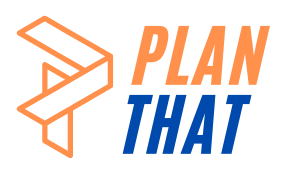Being assigned as a project manager, you noticed during project execution that conflicts arise in the team on both technical and interpersonal levels. What is an appropriate way of handling conflicts?
1) Conflicts distract the team and disrupt the work rhythm. You should always smooth them when they surface.
2) A conflict should be handled in a meeting so that the entire team can participate in finding a solution.
3) Conflicts should be addressed early and usually in private, using a direct, collaborative approach.
4) You should use your coercive power to quickly resolve conflicts and then focus on goal achievement.
[toggle title_open=”Answer & Explanation” title_closed=”Answer & Explanation” hide=”yes” border=”yes” style=”default” excerpt_length=”0″ read_more_text=”Read More” read_less_text=”Read Less” include_excerpt_html=”no”]
Correct Answer: 3
Justification:
As the project manager, it is your job to lead the project team and address any conflicts that arise. Conflict negatively affects project performance, and it cannot be left unaddressed. The conflict must also find resolution in a way that all members of the team feel good about. When you allow a conflict to linger, energy and effort that the team could use to advance the project and/or support one another gets channeled into the conflict instead.
The conflict must also be addressed with all members of the team who are in conflict. If certain members of the team involved in the conflict do not participate in the resolution, the roots of the conflict are left unaddressed. The project manager should always discuss conflicts with the parties involved privately first before addressing them in more public formats or taking disciplinary action. Confronting the problem and working collaboratively to solve it are the most effective methods of conflict resolution.
Question courtesy of http://www.oliverlehmann.com/contents/free-downloads/175_PMP_Sample_Questions.pdf.
Explanation/justification copyright Planthat.com, 2012, all rights reserved.
PMI and PMBOK Guide are registered marks of the Project Management Institute, Inc. PMI has not reviewed or endorsed this content for appropriateness.
[/toggle]
